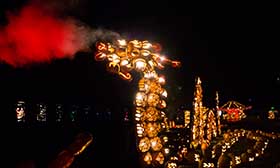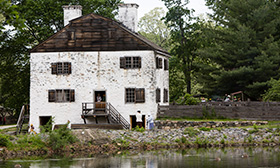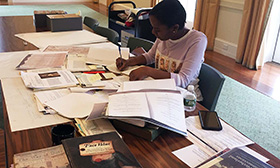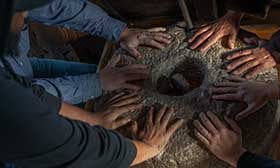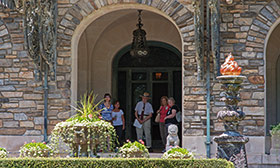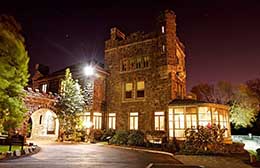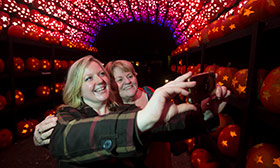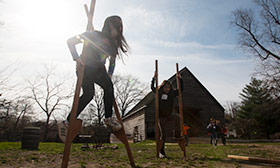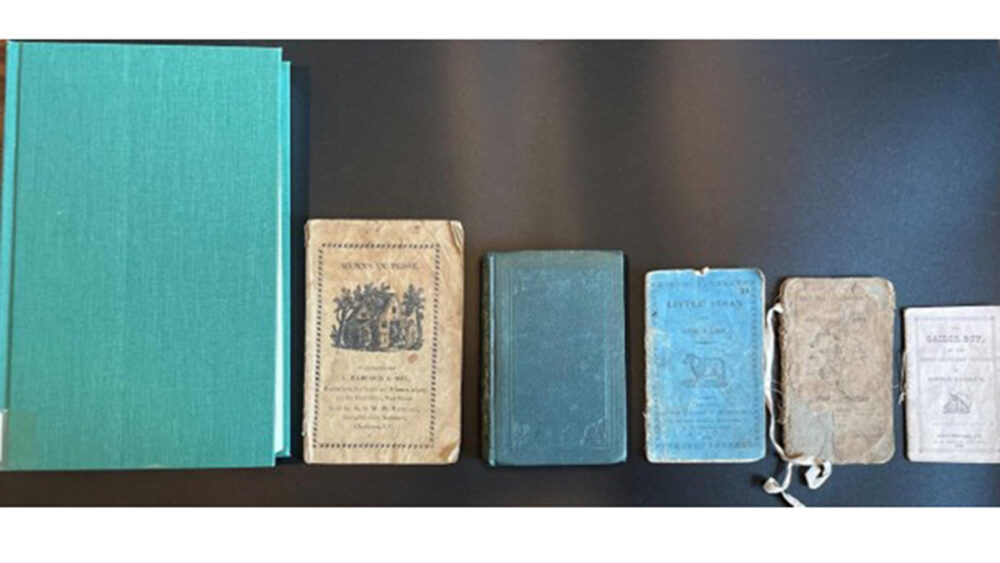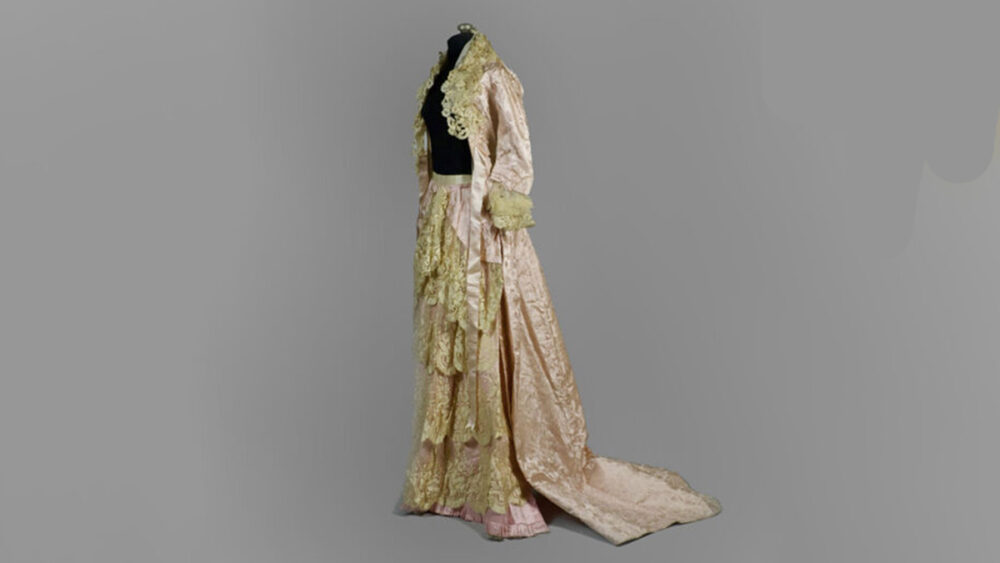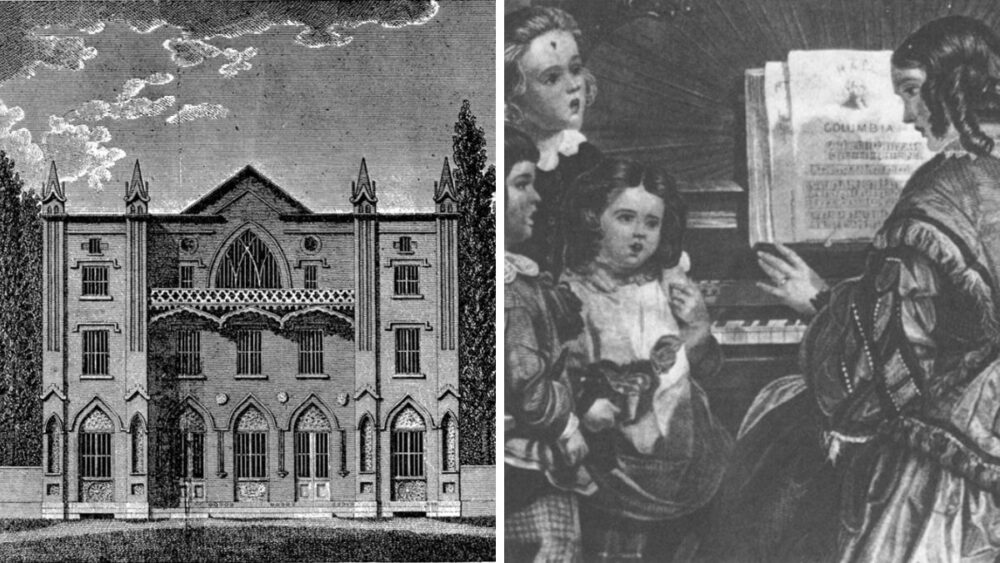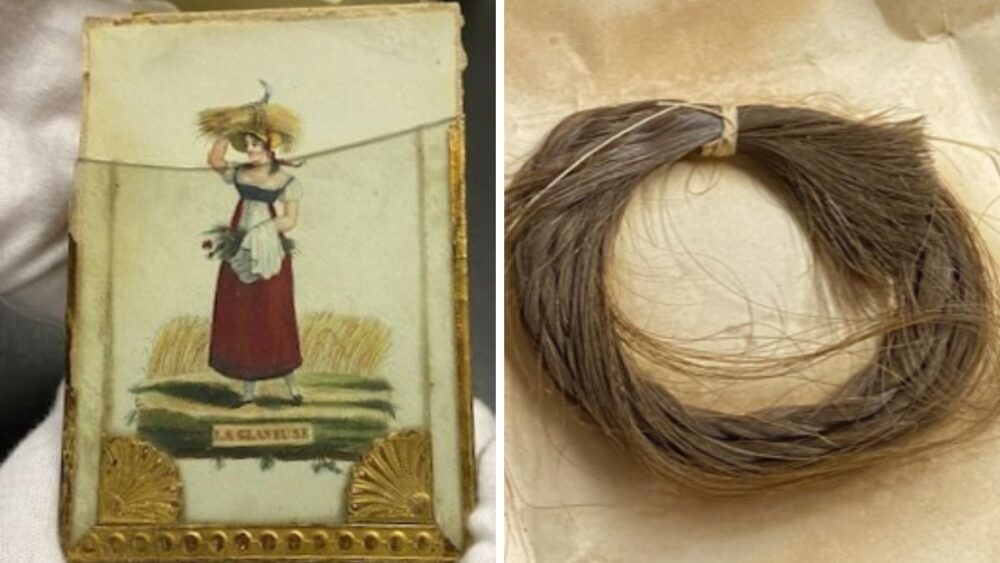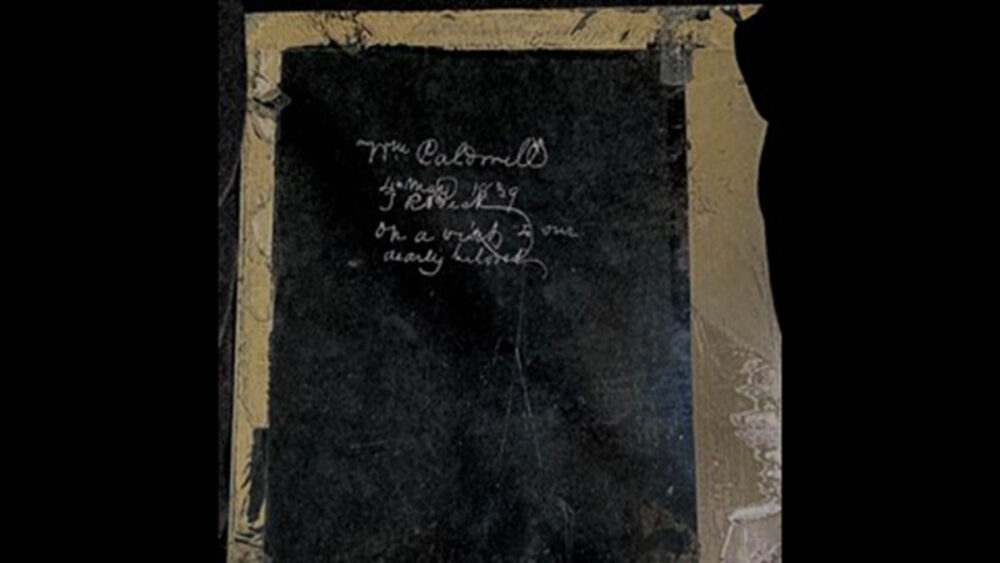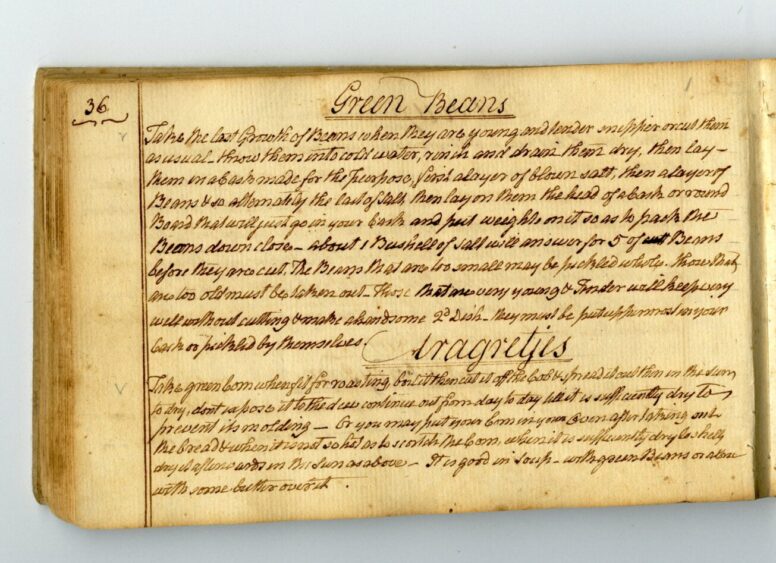Research Fellows Shed Light on Legal and Culinary Practices in Early New York
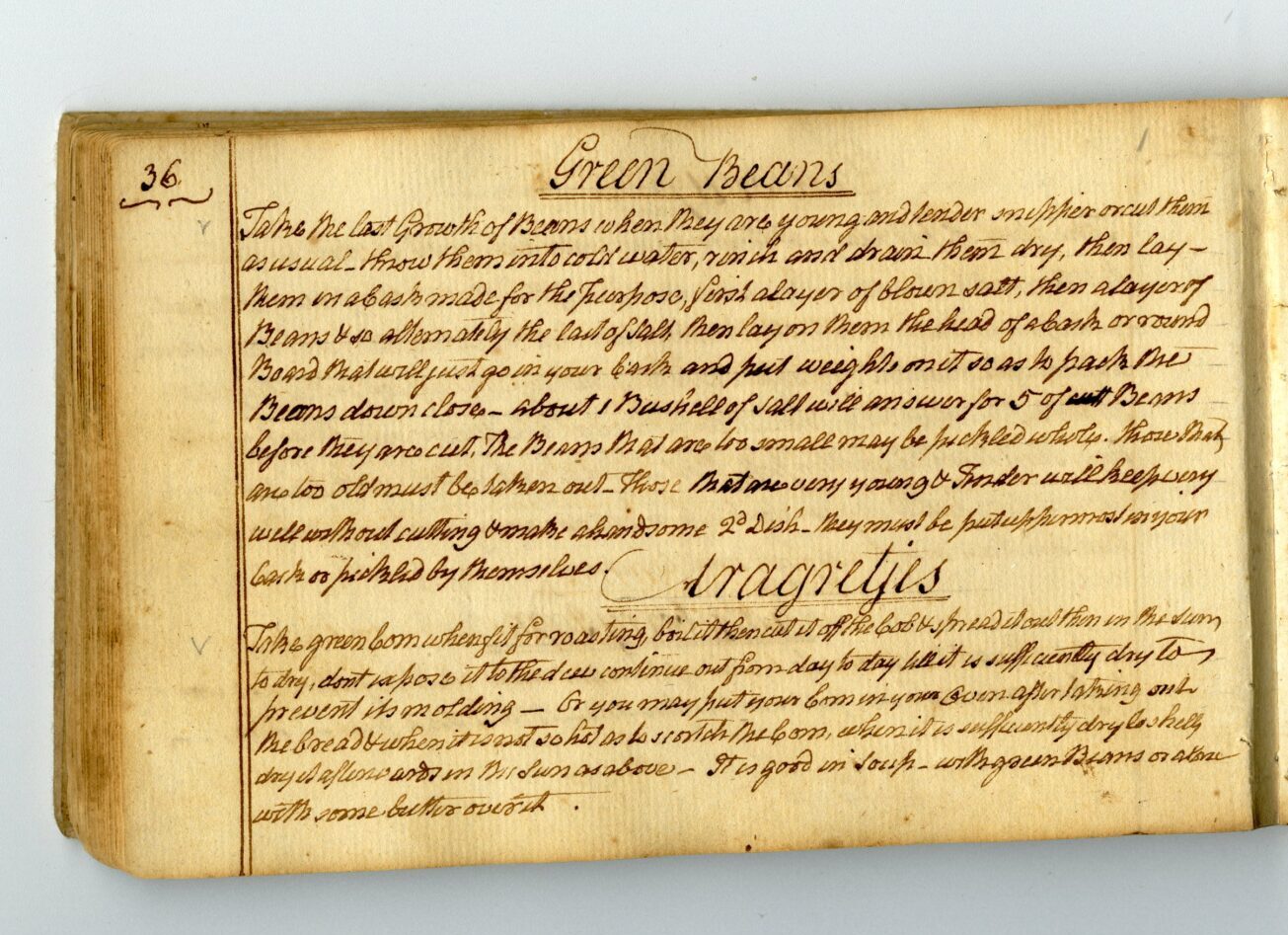
Despite the logistical and safety challenges presented by the pandemic, two graduate students from the State University at Albany participated in the third annual Women’s History Institute fellowships during the summer of 2020.
They conducted socially distanced research, enjoyed behind-the-scenes access to Historic Hudson Valley’s (HHV) sites, and consulted frequently with HHV’s Research Librarian Catalina Hannan and Associate Director of Collections Jessa Krick. The HHV team enjoyed hosting the fellows, even in a limited capacity, and sharing in their enthusiasm for history and our manuscript and object collections.
Elizabeth Turner, the Margaretta (Happy) Rockefeller Fellow, delved into a document that illustrates the legal standing of one woman of means in 1690s New York: Eva DeVries Philipse. Turner contrasted this document—a marriage indenture written at the time of Philipse’s betrothal to Jacobus Van Cortlandt—with an earlier text in the collection of the New-York Historical Society. Her research highlights the treatment of women under Dutch versus English law.
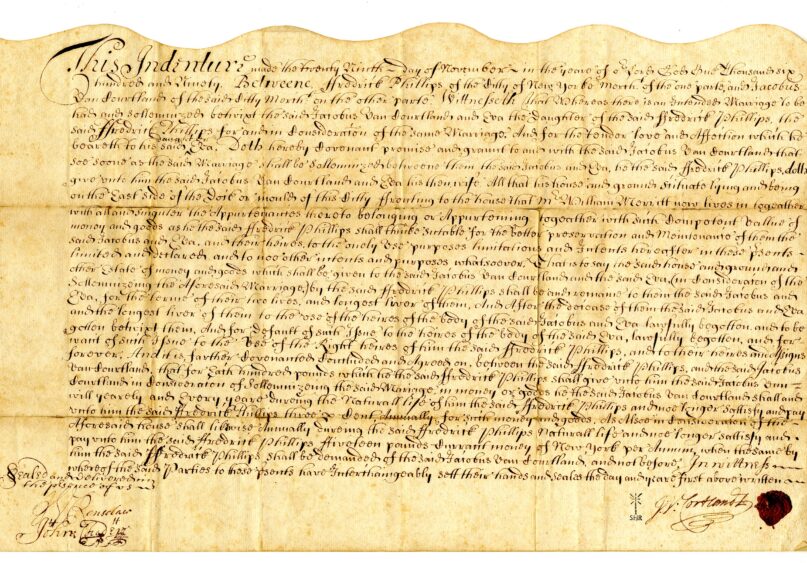
Fellow Sara Evenson visited the kitchens at the historic sites where she explored hearth and oven designs. In the HHV library she examined the Beck Market Book, a 1820s-1830s collection of recipes and home remedies. The details about pumpkin contjes, or boiled dumplings that are sliced and fried, caught her eye. Read her blog post to see how a recipe that combines New World ingredients with a traditional Dutch cooking technique reveals the cultural blending at work in early 19th-century New York.
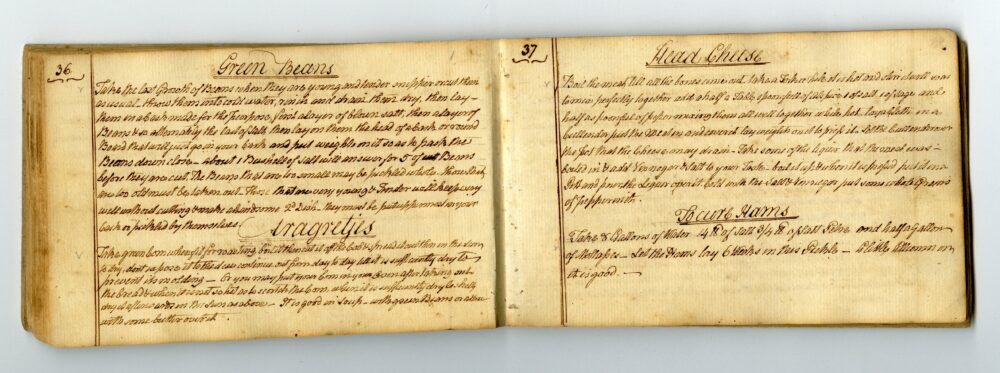
Previous fellows were inspired by documents related to the Schuyler family, studied the Loyalist connections of Mary Philipse, and re-examined Charlotte Irving’s correspondence with her uncle Washington Irving, among other projects. Read the fellows’ short articles here. Their longer research papers are now part of the HHV Library and archives.
—
HHV’s fellows typically spend three to six weeks “in residence” in Westchester gathering material, visiting the sites, examining manuscripts, reading widely in the library, and writing. The fellowships are competitive, and applications are reviewed by a select group of the Women’s History Institute Founding Committee.
Our fellows for the summer of 2021 participated in a mix of on- and off-site study. A PhD candidate from the University of Minnesota focused on the letters and diaries of the Hoffman and Storrow families—part of Washington Irving’s extensive social network—to examine how women constructed identity through private correspondence. The fellow from Vassar College reviewed a cache of documents (1869-1872) to investigate how changes to the law, and the structure of patriarchy and power in 19th-century New York affected Gertrude Beekman’s divorce. The Beekman family owned land that was part of Philipsburg Manor and had ties to the Van Cortlandt family.

